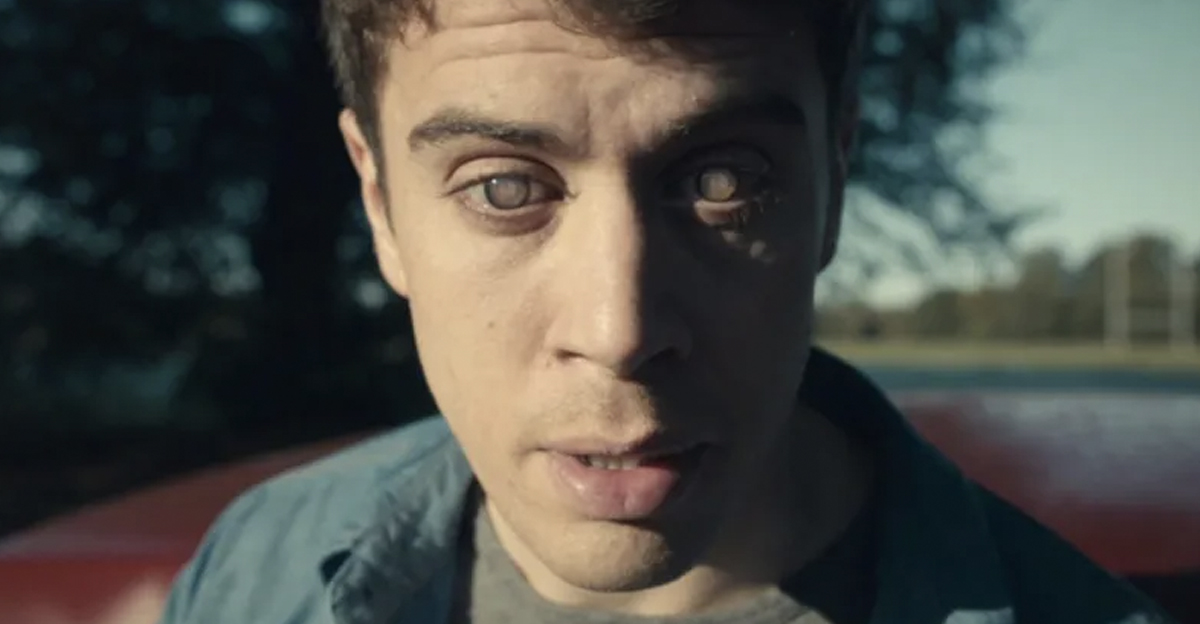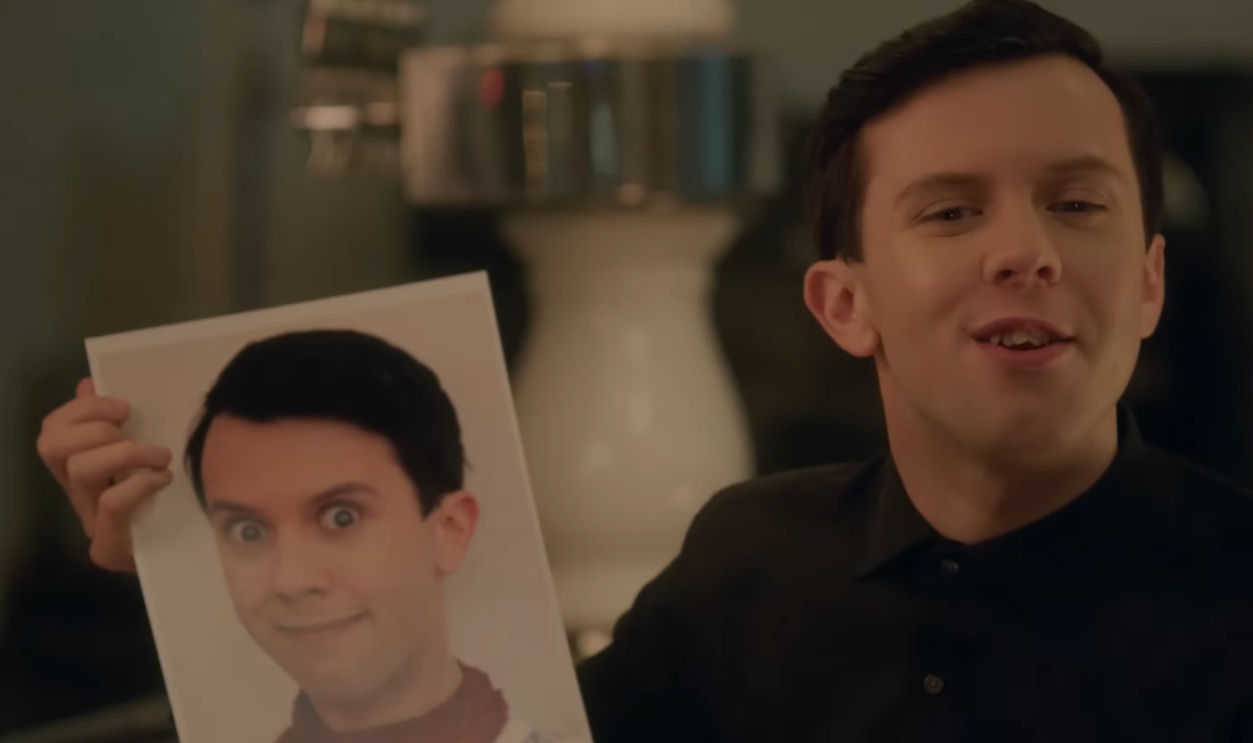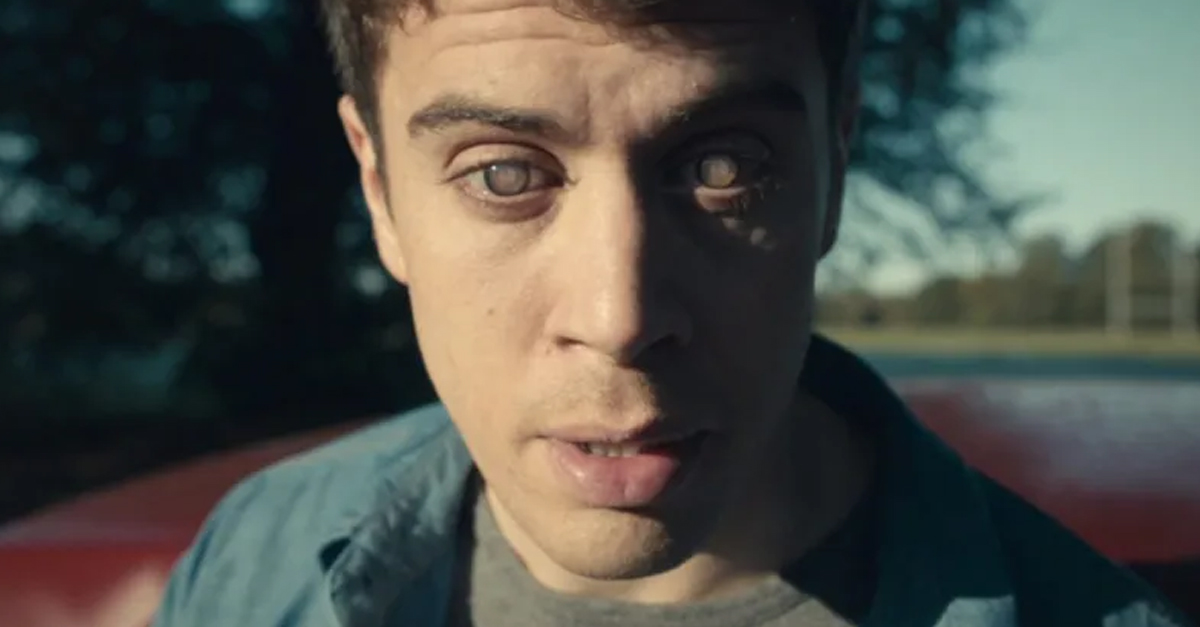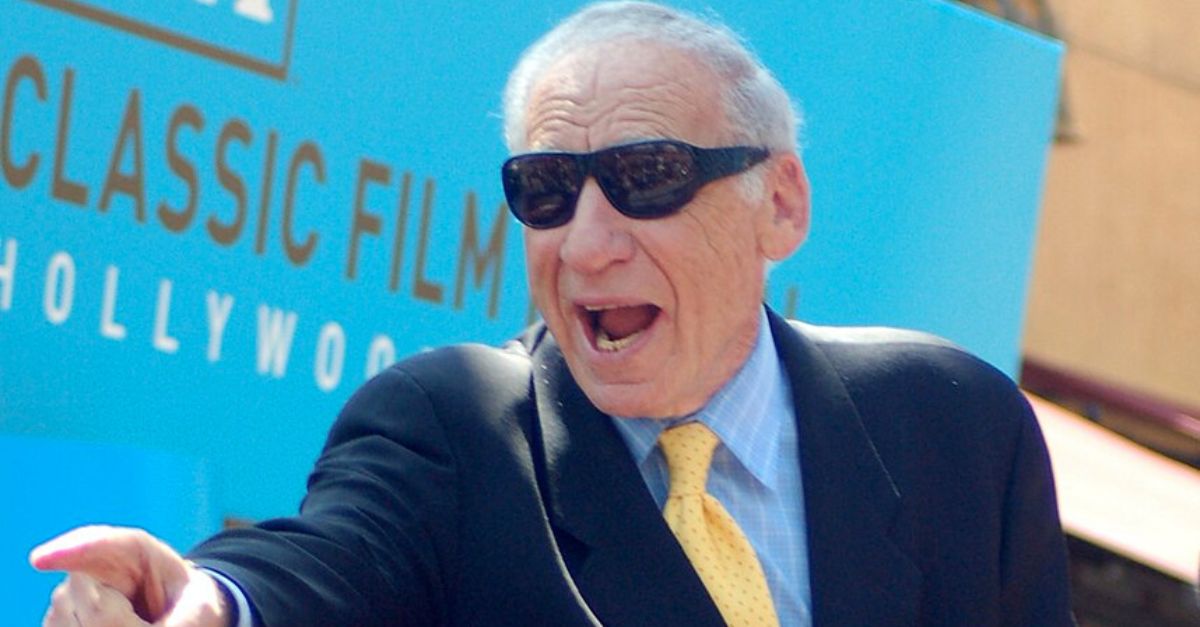A New Era of Television Begins
Between 2013 and 2017, streaming platforms permanently reshaped how audiences consumed television. The success of shows released during this period proved that streaming could compete with, and even surpass, traditional networks.

House of Cards Changes the Game
Netflix’s House of Cards (2013) was its first major original drama and a milestone in streaming history. It showcased cinematic production values, complex political storytelling, and the binge-release model that became the industry standard.
 Netflix, House of Cards (2013)
Netflix, House of Cards (2013)
Orange Is the New Black Expands Representation
Debuting in 2013, Orange Is the New Black broke barriers by portraying a diverse cast of women in a prison setting. Its blend of humor, drama, and social commentary expanded the scope of what serialized streaming stories could achieve.
 Netflix, Orange Is the New Black (2013–2019)
Netflix, Orange Is the New Black (2013–2019)
Stranger Things Captures Global Imagination
Launched in 2016, Stranger Things became a worldwide cultural event. Drawing on 1980s nostalgia and supernatural mystery, it demonstrated Netflix’s ability to create mass-appeal genre television that resonated across generations.
 Netflix, Stranger Things (2016– )
Netflix, Stranger Things (2016– )
The Crown Brings Prestige to Streaming
Premiering in 2016, The Crown brought award-winning prestige to Netflix. With lavish production, historical accuracy, and critical acclaim, it established streaming services as legitimate contenders for traditional drama awards.
Daredevil Ushers in the Marvel Streaming Universe
Marvel’s Daredevil (2015) launched a shared Netflix superhero universe that included Jessica Jones, Luke Cage, and Iron Fist. It proved that serialized comic adaptations could thrive outside of film and traditional networks.
 Netflix, Marvel’s Daredevil (2015)
Netflix, Marvel’s Daredevil (2015)
BoJack Horseman Redefines Animated Storytelling
Netflix’s BoJack Horseman (2014) blended dark comedy and emotional depth to explore celebrity culture and mental health. It marked a shift in adult animation, demonstrating that streaming platforms could host sophisticated animated series.
 Netflix, BoJack Horseman (2014–2020)
Netflix, BoJack Horseman (2014–2020)
Unbreakable Kimmy Schmidt Delivers Quirky Optimism
Premiering in 2015, Unbreakable Kimmy Schmidt showcased the creative freedom of streaming comedy. Its fast-paced humor and eccentric characters found a home on Netflix after being passed over by broadcast networks.
 Netflix, Unbreakable Kimmy Schmidt (2015)
Netflix, Unbreakable Kimmy Schmidt (2015)
Black Mirror Finds a Global Audience
Originally a British series, Black Mirror was acquired by Netflix in 2015. Its anthology format examining technology’s dark side gained a global following, influencing subsequent sci-fi storytelling across platforms.
 Netflix, Black Mirror (2011– )
Netflix, Black Mirror (2011– )
Making a Murderer Fuels True Crime Obsession
Released in 2015, Making a Murderer became a viral sensation and ignited widespread discussion about the justice system. Its documentary storytelling inspired a wave of investigative series on streaming platforms.
 Netflix, Making a Murderer (2015–2018)
Netflix, Making a Murderer (2015–2018)
Master of None Explores Modern Identity
Aziz Ansari’s Master of None (2015) combined humor and introspection to examine race, relationships, and culture in contemporary life. It set a new standard for personal, creator-driven storytelling on streaming platforms.
 Netflix, Master of None (2015–2021)
Netflix, Master of None (2015–2021)
Transparent Opens New Doors for Representation
Amazon’s Transparent (2014) centered on a transgender parent’s journey and was among the first major streaming series to explore gender identity. It earned critical acclaim and multiple awards, broadening representation on-screen.
 Amazon Studios, Transparent (2014–2019)
Amazon Studios, Transparent (2014–2019)
The Man in the High Castle Imagines an Alternate History
Premiering on Amazon in 2015, The Man in the High Castle offered a complex adaptation of Philip K. Dick’s novel. Its success demonstrated Amazon Prime Video’s growing commitment to big-budget, high-concept storytelling.
 Amazon Studios, The Man in the High Castle (2015–2019)
Amazon Studios, The Man in the High Castle (2015–2019)
Mozart in the Jungle Brings Music to the Masses
Amazon’s Mozart in the Jungle (2014) combined classical music, humor, and romance. It proved that niche subjects could thrive in the streaming format and won multiple Golden Globes, legitimizing Amazon’s early efforts.
 Amazon Studios, Mozart in the Jungle (2014–2018)
Amazon Studios, Mozart in the Jungle (2014–2018)
Bosch Anchors Amazon’s Crime Drama Lineup
Debuting in 2014, Bosch was based on Michael Connelly’s novels and became Amazon’s longest-running original series. Its procedural storytelling provided a stable foundation for the platform’s expanding catalog.
 Amazon Studios, Bosch (2014–2021)
Amazon Studios, Bosch (2014–2021)
Narcos Expands Netflix’s Global Reach
Narcos (2015) dramatized the rise and fall of Colombian drug lord Pablo Escobar. Filmed in multiple languages and locations, it marked Netflix’s early success in international co-productions and global storytelling.
13 Reasons Why Sparks Controversy and Conversation
Released in 2017, 13 Reasons Why explored teen suicide and mental health. It generated debate, prompting policy discussions and guidelines for depicting sensitive subjects in youth-oriented media.
 Netflix, 13 Reasons Why (2017–2020)
Netflix, 13 Reasons Why (2017–2020)
The Handmaid’s Tale Establishes Hulu as a Major Player
Debuting in 2017, Hulu’s The Handmaid’s Tale became the first streaming series to win the Emmy for Outstanding Drama Series. Its dystopian themes and striking imagery elevated Hulu to critical prominence.
 Hulu, The Handmaid’s Tale (2017– )
Hulu, The Handmaid’s Tale (2017– )
Casual Redefines Relationship Comedy
Hulu’s Casual (2015) presented a grounded look at modern dating and family life. Its realistic tone and character-driven writing showcased streaming’s flexibility for nuanced, serialized storytelling.
Difficult People Pushes the Boundaries of Comedy
Premiering in 2015, Difficult People delivered sharp satire about celebrity culture and the entertainment industry. Its unapologetically self-aware humor reflected Hulu’s willingness to experiment with edgy material.
 Hulu, Difficult People (2015 – 2017)
Hulu, Difficult People (2015 – 2017)
Sense8 Celebrates Global Connection
From creators Lana and Lilly Wachowski, Sense8 (2015) featured an international ensemble and explored empathy through shared consciousness. Though expensive to produce, it became a cult favorite and highlighted Netflix’s global ambitions.
Mindhunter Brings Psychological Crime to Streaming
Premiering in 2017, Mindhunter dramatized the origins of criminal profiling within the FBI. Its meticulous pacing and historical authenticity reflected Netflix’s growing interest in prestige true-crime storytelling.
 Netflix, Mindhunter (2017–2019)
Netflix, Mindhunter (2017–2019)
The Get Down Explores the Birth of Hip-Hop
Baz Luhrmann’s The Get Down (2016) recreated the Bronx music scene of the 1970s. Despite its short run, it demonstrated how streaming platforms could invest in ambitious, stylistically bold productions—and the reveal of future stars like Justice Smith, Shameik Moore, and Yahya Abdul-Mateen II.
 Netflix, The Get Down (2016–2017)
Netflix, The Get Down (2016–2017)
One Day at a Time Reinvents a Classic Sitcom
Netflix’s One Day at a Time (2017) reimagined a 1970s sitcom with a Cuban-American family. It balanced humor and heart while tackling issues like immigration, mental health, and cultural identity—and bridged the gap between the television of the past and the streaming future.
 Netflix, One Day at a Time (2017–2020)
Netflix, One Day at a Time (2017–2020)
A Legacy That Redefined Television
By 2017, streaming services had fully transformed television’s landscape. The series of this era redefined storytelling, diversity, and global accessibility, laying the foundation for the dominance of streaming media that continues today.
You Might Also Like:
The Most Iconic MTV Music Videos
Cancelled TV Shows That The Networks Might Have Actually Been Right To Pull The Plug On
Directors Who Got Fired Mid-Production
 Netflix, Stranger Things (2016– )
Netflix, Stranger Things (2016– )









